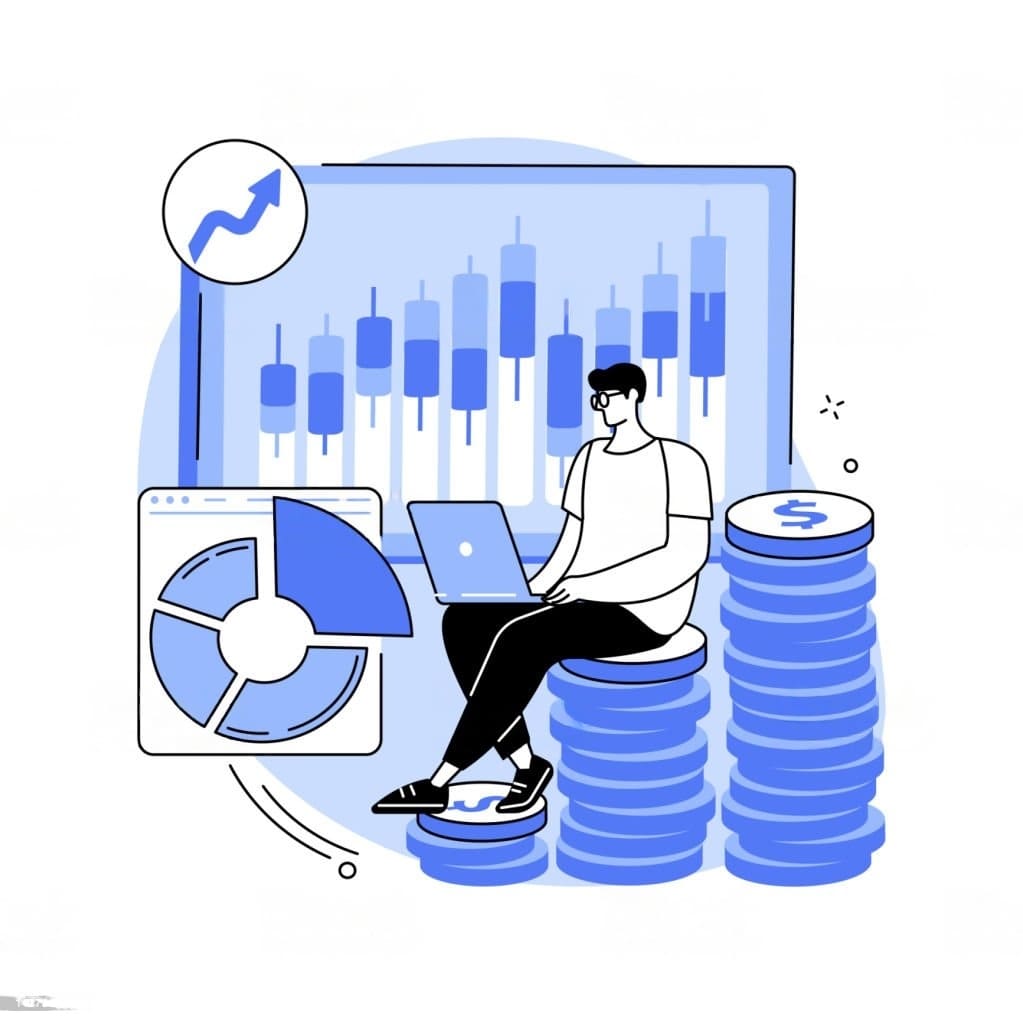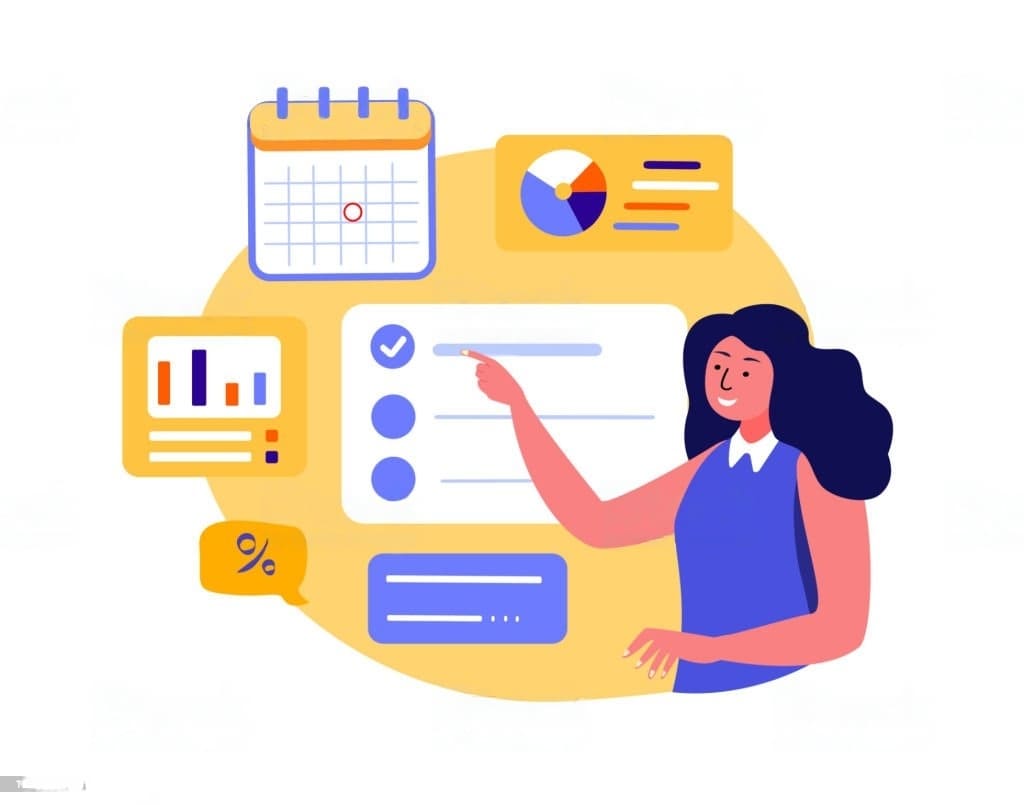Forex Education: Learning Resources and Courses to Improve Trading Knowledge
Forex trading is a dynamic and potentially rewarding venture, but it requires a solid understanding of the market and various trading strategies. Proper education is essential for aspiring traders to navigate the complexities of Forex effectively. In this article, we will explore the realm of Forex education and recommend learning resources and courses to help traders improve their knowledge and skills.
Table Content
· The Importance of Forex Education
· Learning Resources for Forex Education
· Forex Education Courses
· FAQs (Frequently Asked Questions)
· Footnote
The Importance of Forex Education
Forex education equips traders with the foundational knowledge needed to make informed decisions. Understanding key concepts such as technical analysis, fundamental analysis, risk management, and trading psychology can significantly impact trading success. Proper education can help traders avoid common pitfalls and develop effective strategies.

Learning Resources for Forex Education
There is a plethora of learning resources available for Forex education, catering to traders of all levels. Here are some valuable resources to consider:

1. Online Tutorials and Webinars
Numerous online platforms offer free tutorials and webinars covering various aspects of Forex trading. These resources provide an excellent starting point for beginners, introducing them to essential concepts and strategies.
2. Forex Trading Blogs
Forex trading blogs authored by experienced traders can provide valuable insights, tips, and real-life examples. Following reputable blogs can help traders stay updated with market trends and trading techniques.
3. Forex Forums and Communities
Participating in Forex forums and communities allows traders to interact with other market participants, share experiences, and seek advice. Engaging with a community can foster learning and support.
4. E-Books and Trading Guides
Many Forex brokers and educational websites offer e-books and trading guides covering a wide range of topics, from basic terminology to advanced trading strategies.
5. Video Tutorials on YouTube
YouTube hosts numerous educational channels dedicated to Forex trading. Video tutorials can be a visually engaging way to learn technical analysis, chart patterns, and trading principles.
6. Demo Trading Accounts
Most Forex brokers offer demo trading accounts, allowing traders to practice their strategies in a risk-free environment. Demo accounts are a valuable tool for hands-on learning.
Forex Education Courses
For traders seeking comprehensive and structured learning, formal Forex education courses are highly beneficial. These courses are often designed and taught by seasoned traders or industry experts. Here are some popular types of Forex courses:
1. Beginner Courses
These courses cater to novice traders and cover fundamental concepts, terminology, and basic trading strategies. They aim to build a solid foundation for further learning.
2. Advanced Courses
Advanced courses delve deeper into technical and fundamental analysis, risk management, and advanced trading techniques. They are suitable for intermediate and experienced traders looking to refine their skills.
3. Price Action Courses
Price action courses focus on interpreting raw price movements without the use of indicators. Traders learn to identify trends, support and resistance levels, and price patterns.
4. Technical Analysis Courses
Technical analysis courses teach traders how to use various technical indicators, chart patterns, and oscillators to make trading decisions based on historical price data.
5. Fundamental Analysis Courses
Fundamental analysis courses focus on understanding economic factors that influence currency values, such as interest rates, economic indicators, and geopolitical events.
6. Trading Psychology Courses
Trading psychology courses address the mental and emotional aspects of trading, helping traders develop discipline, patience, and the ability to manage stress effectively.
FAQs (Frequently Asked Questions)
- Do I Need a Forex Education to Start Trading?
- While it is possible to start trading without formal education, Forex education significantly improves your chances of success. Understanding the market and trading principles can mitigate risks and enhance profitability.
- How Long Does It Take to Complete a Forex Education Course?
- The duration of a Forex education course varies depending on its complexity and the individual's pace of learning. Beginner courses may last a few weeks, while comprehensive courses may take several months.
- Can I Learn Forex Trading on My Own?
- Yes, self-learning is possible with the abundance of online resources available. However, structured courses offer a more organized and systematic approach to learning.
- Are Forex Education Courses Expensive?
- The cost of Forex education courses varies widely, with some free resources and others requiring a significant investment. Consider the value offered and your budget before enrolling.
Footnote
Forex education is a critical component of successful trading. With a plethora of learning resources available, traders can choose from online tutorials, blogs, forums, e-books, and video tutorials to expand their knowledge. For a more structured and comprehensive approach, formal Forex education courses cater to traders of all levels, providing essential skills and insights. Remember that continuous learning and practice are key to improving your trading abilities and achieving consistent profitability in the Forex market.











Discussion